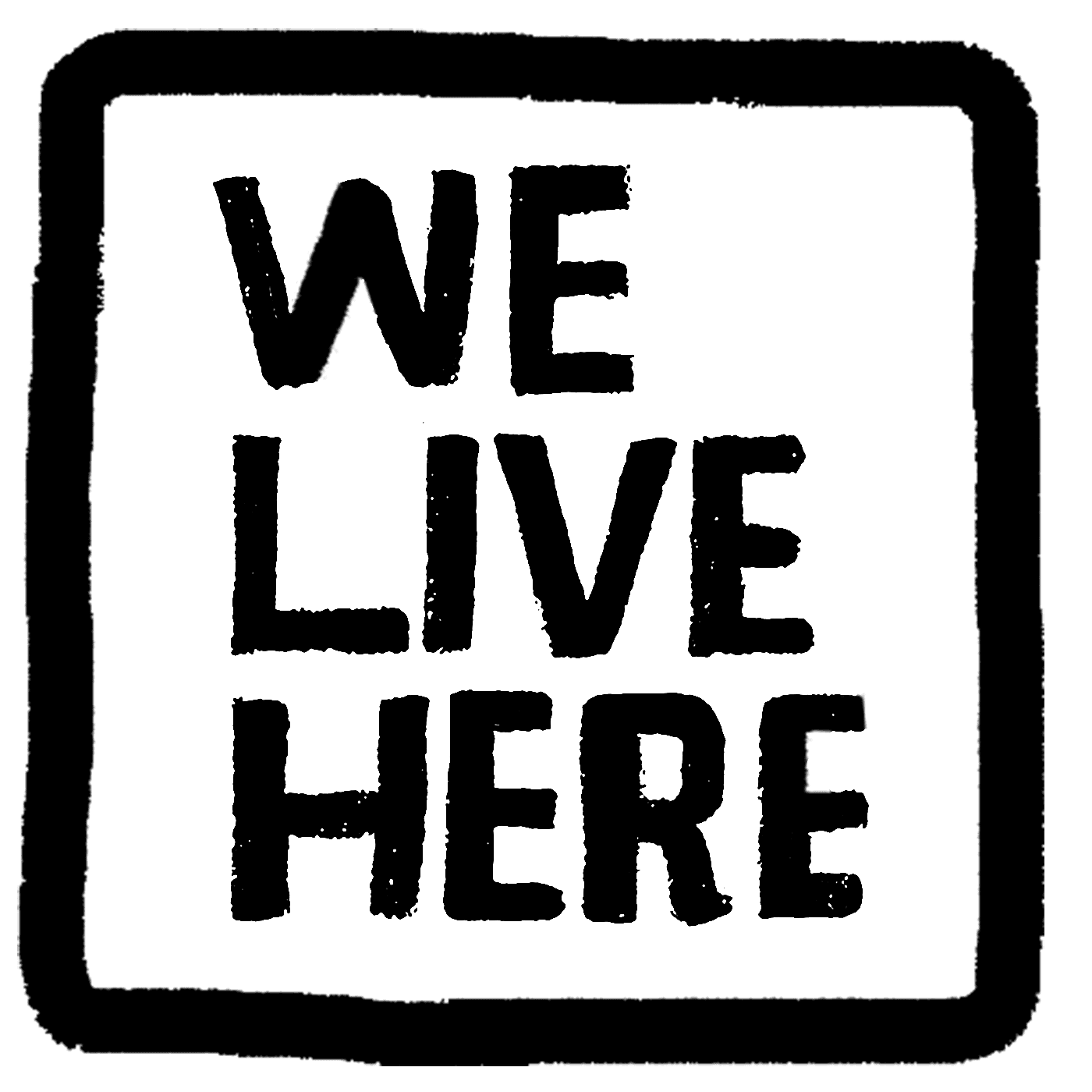
We Live Here
St. Louis Public RadioA St. Louis-based podcast that keeps it real about race and class .. .for people somewhere on the woke spectrum.
A St. Louis-based podcast that keeps it real about race and class .. .for people somewhere on the woke spectrum.















































































































































We Live Here Auténtico! | Gilberto Pinela | A Star Lighting the Way for More Representation, Opportunity, Communication and Access

Gilberto Pinela has been investing and empowering the Latino community in St. Louis for many years. He is a trailblazer, creator, producer and talent in many bilingual programming and organizations in our region.
Gilberto started his career in the US in New York in the hospitality industry, but he always dreamed of being in front of the camera.
In this conversation, Gilberto shares his passion and commitment to St. Louis, the Latino community and for making room for new leadership.
Dancing with the St. Louis Stars
Gilberto Pinela & Carmen Guynn Performance Video - Dancing with the St. Louis Stars 2022
En Breve Show
Thanks for listening in - what’s your story? We’d love to hear from you. Let us know what you love about We Live Here Auténtico and the stories of our community. Or maybe you are ready to share your own story - send us an email at info@autenticopodcast.com